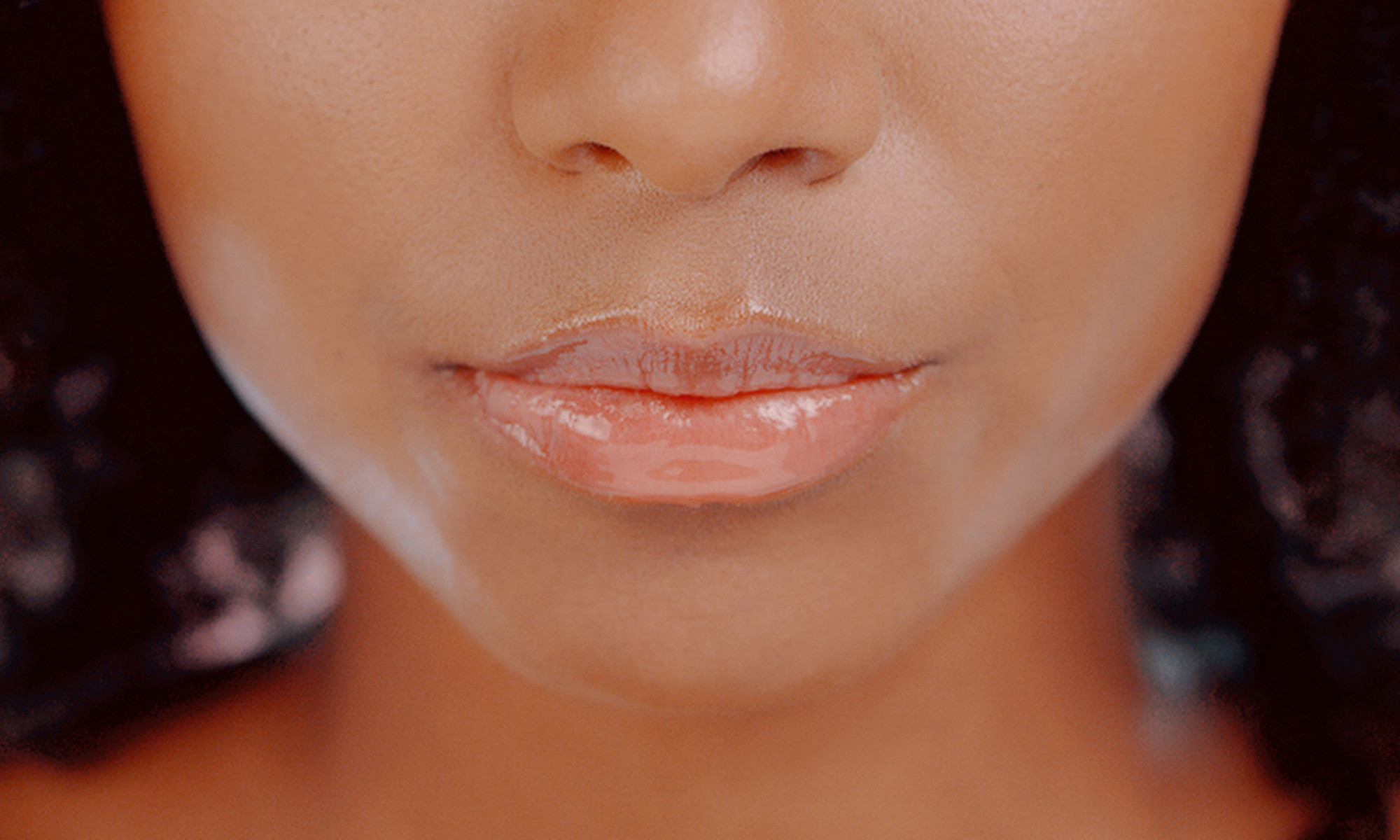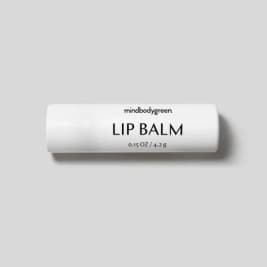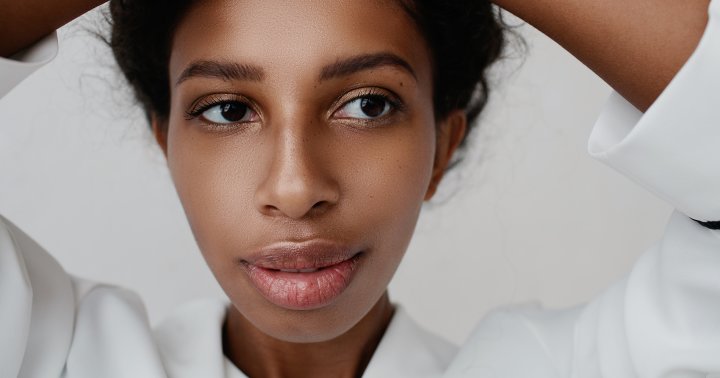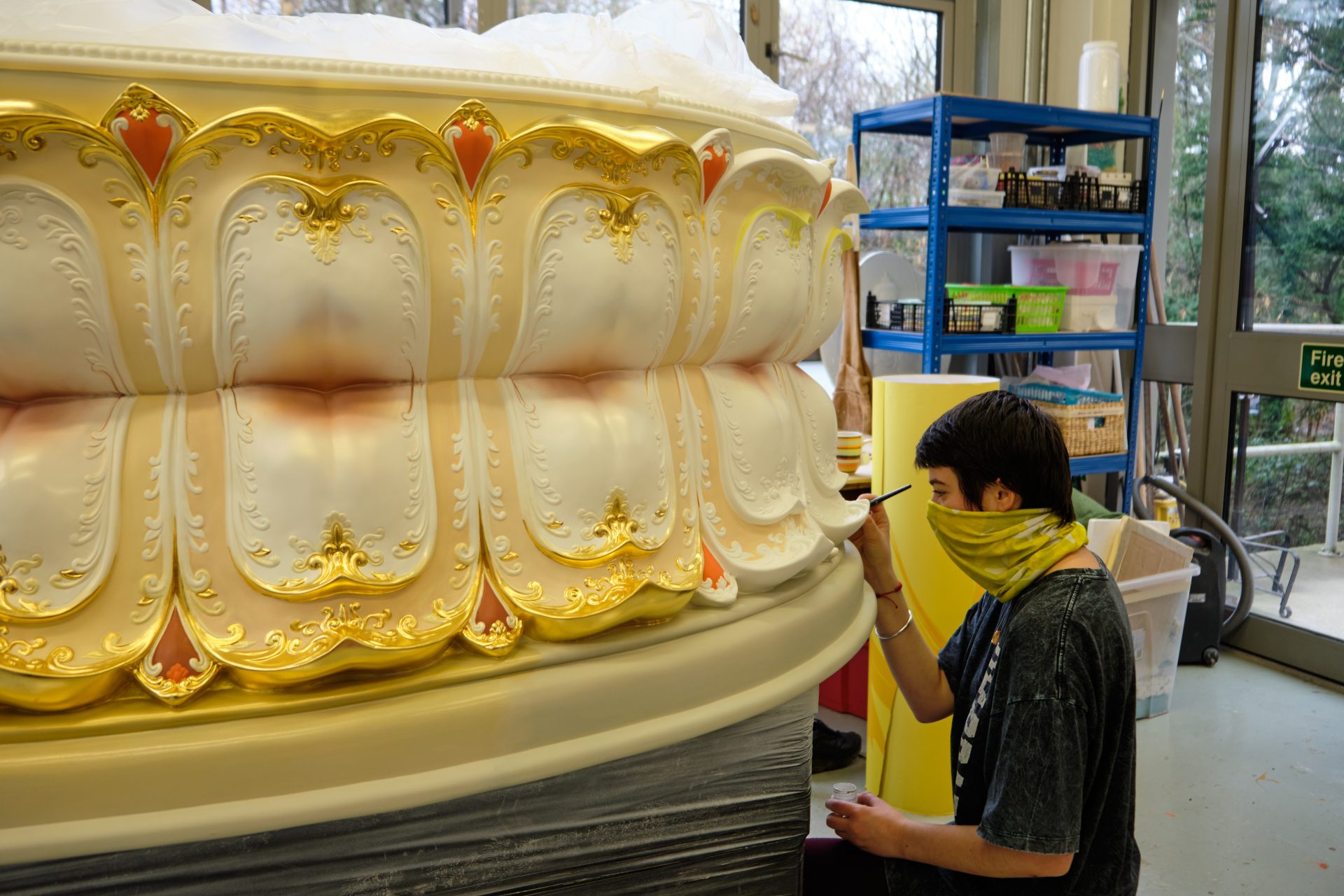The 1 Lip Plumping Mistake Everyone Makes & What To Do Instead
Yes, your attempts at lip plumping may result in the exact opposite overtime.


mbg Beauty Director
mbg Beauty Director
Alexandra Engler is the beauty director at mindbodygreen and host of the beauty podcast Clean Beauty School. Previously, she's held beauty roles at Harper's Bazaar, Marie Claire, SELF, and Cosmopolitan; her byline has appeared in Esquire, Sports Illustrated, and Allure.com.
Image by katleho Seisa / iStock June 2, 2023 Oftentimes beauty, skin, nail, and hair health will be sacrificed for the sake of aesthetics. You may even have a few habits that are guilty of this—I know me and my bleached highlights make that comprise every few months. One common category we see this tradeoff is in lip care. In the pursuit of plump, full lips, we often utilize ingredients that are irritating and drying—resulting in cracked, dehydrated skin overtime. If this is occasional, it’s really not the worst thing in the world (certainly there are worse things to do), but when done consistently and chronically it may actually lead to premature aging in the area.
Advertisement
This ad is displayed using third party content and we do not control its accessibility features.
Yes, your attempts at lip plumping may result in the exact opposite overtime. Here, what to know about potentially irritating lip plumpers, and what you can do instead. The problem with lip plumpers & what to look for instead.
Many lip plumping formulas rely on essential oils and extracts to stimulate your blood vessels and cause them to expand, which results in a "swollen" appearance and, thus, a plumper pout.
For example, cinnamon essential oil or capsaicin (the active that makes peppers spicy) bring heat to the area—and in doing so, they’re actually causing an histamine reaction which is why circulation in the area is increased.
Peppermint essential oil, phenol, and camphor are three other extracts that cause a reaction in (although this one is a cooling, tingling sensation). These cause mild irritations in the area, which causes an inflammatory response. Hence, the swell.
As you can probably imagine, keeping skin in a constant state of inflammation and irritation isn’t good for long term health. Chronic inflammation—even the micro, invisible kind—will slowly start to age the skin, break down collagen, and deplete the skin barrier. This will ultimately lead to lips that aren’t as plump and hydrated naturally. Essentially: Your lip plumping habit could mean lips that are more deflated with time.
That’s not to say you have to swear off lip plumpers. There are many high-quality formulas and ingredients that can help add volume to the area, while also supporting lip health. For example, hyaluronic acid can attract and hold up to 1,000 times its weight in water, which helps parched lips instantly rise with moisture (think of how you might run a dry sponge under water and watch it fill up with hydration.)
mindbodygreen’s lip balm uses sodium hyaluronate for our formula, which has a lower molecular weight and can penetrate even deeper into the skin. Then to keep the water sealed in, it contains castor jelly, moringa seed oil, and shea butter.
The best part is this lip balm is that with regular use your lips will look more hydrated and fuller with time—so instead of damaging the skin the process, this strengthens and nurtures the area.
Advertisement
This ad is displayed using third party content and we do not control its accessibility features.
The takeaway
Some beauty habits sacrifice health for the sake of aesthetics. And listen, if you have a few that fall in this bucket, no judgment here. I do too! However, you should be mindful of how often or to what capacity you’re relying on these—especially when better options exist. For example, you don’t need to use irritating lip plumpers for a fuller mouth. Hyaluronic acid is an excellent humectant that can make lips appear supple, soft, and improve the health of the skin overtime.

 Konoly
Konoly 
































